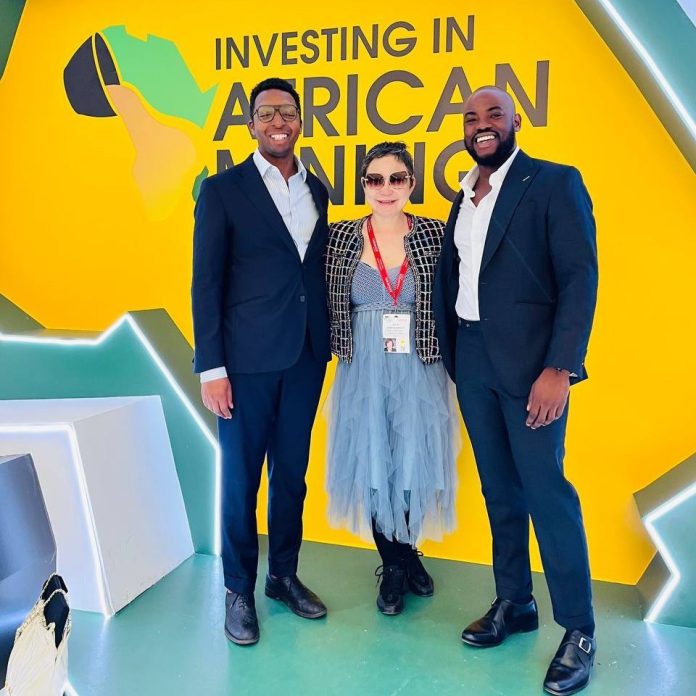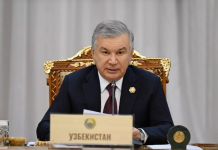By Bela Kogan
Mining Indaba 2025, held in Cape Town from February 3 to 6. This annual event serves as a barometer for Africa’s mining industry, reflecting the main trends, key players, and innovators shaping the continent’s future in mineral extraction.
This year’s conference paid special attention to tin—a metal experiencing a boom in demand thanks to the rapid development of artificial intelligence and its requirements for data centers and graphics processors. As an essential component in soldering and semiconductor manufacturing, tin plays a crucial role in the technology sector. The largest consumers of this metal are the electronics industry, packaging materials production, and the chemical industry.
Among the key players in the global tin market are companies such as Yunnan Tin Company (China), Malaysia Smelting Corporation (Malaysia), PT Timah (Indonesia), Minsur (Peru), and Metals X (Australia). However, the growing demand for this metal opens opportunities for new participants, especially in Africa, where significant tin reserves are concentrated.
This is where promising startups like Eroceht, founded by British-Ghanaian entrepreneur Edwin Reynolds, enter the game. Aiming to transform artisanal and small-scale mining (ASM) of tin in Zambia, Eroceht exemplifies how technological innovations, sustainable practices, and close collaboration with local communities can open new horizons for the African mining industry.
#MiningIndaba2025 #TinMining #BritishZambian
#SustainableMining #ZambiaMining #ASM #ArtisanalMining #ESG #RawMaterials #AIInMining #AfricanMining #GreenTransition #UKZambiaRelations #MineralSupplyChain #TechMetals
According to Reynolds, the Eroceht team, made up of Zambian, Ghanaian and British commodities professionals gives the company a unique opportunity to “embeds itself into local communities and develop efficient small mining operations that will help bridge the gap in raw material supplies to Western markets.” Given that ASM accounts for more than 40% of global tin supplies, the potential of Eroceht’s initiative to increase production and raise standards in this sector is enormous.
However, Reynolds makes it clear that his vision goes far beyond simply increasing production volumes. A key priority for Eroceht is ensuring compliance with environmental, social, and governance (ESG) standards when working with artisanal miners. “Our approach focuses on formalizing these operations using proven methods similar to those successfully implemented in the construction industry, where professions were professionalized to ensure safety and regulatory compliance,” he emphasizes.
Challenges remain significant: Local authorities are trying to attract entrepreneurs and employers to improve infrastructure, including the construction of schools and hospitals, but Zambia’s population is growing so rapidly while business remains inefficient. But Reynolds believes things are moving in the right direction, with the Zambian government undertaking significant efforts to make the country a key enabler of the global energy transition.
A distinctive feature of Eroceht’s approach to help move the energy transition dial even faster, is the use of modular processing plants to optimize costs and production volumes. “Combined with our AI satellite technology, we can effectively detect tin-rich deposits while reducing environmental impact,” explains the startup founder.
Reynolds enthusiastically speaks about Mining Indaba as an effective platform for fundraising and networking. “The key to success lies in active participation—attending lectures, using the mobile app to schedule meetings with potential investors, and participating in informal events,” he shares from his experience. Indeed, the conference provides a unique opportunity to meet influential industry figures, such as representatives of family offices and performance-oriented investors.
Ultimately, Eroceht serves as a shining example of how British-Zambian entrepreneurs and companies can apply their expertise and innovations to create mutual benefits in global markets while maintaining commitment to high ethical standards.
“Our startup builds bridges within the existing bilateral agreement between Zambia and the United Kingdom, especially in developing the mining sector. While Britain needs minerals for the green energy transition, Zambia seeks to improve its citizens’ standard of living. We contribute to achieving both goals,” Reynolds concludes.






